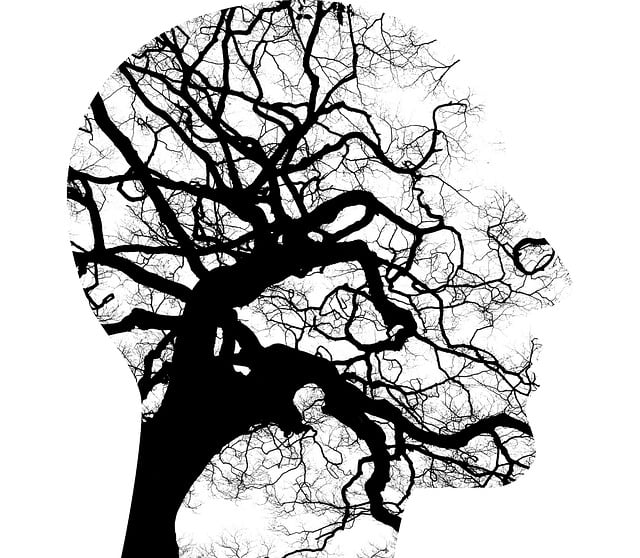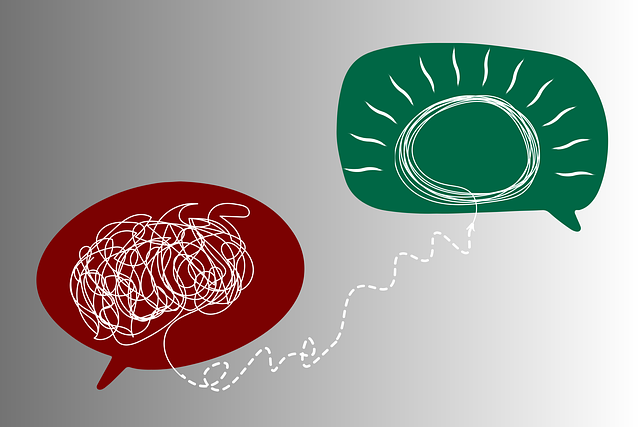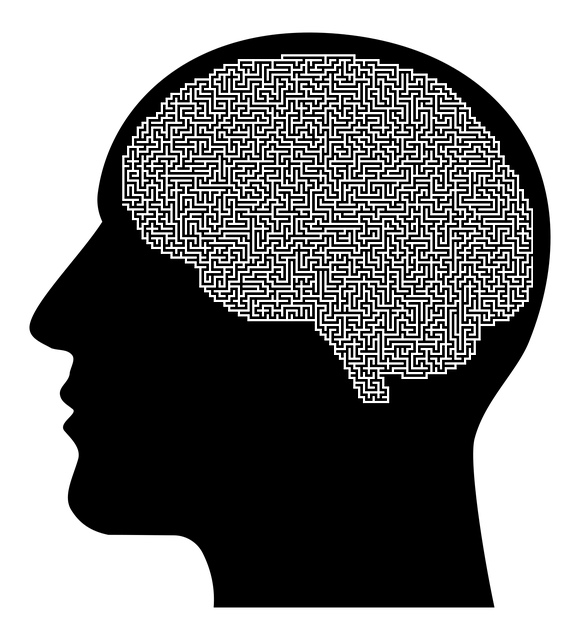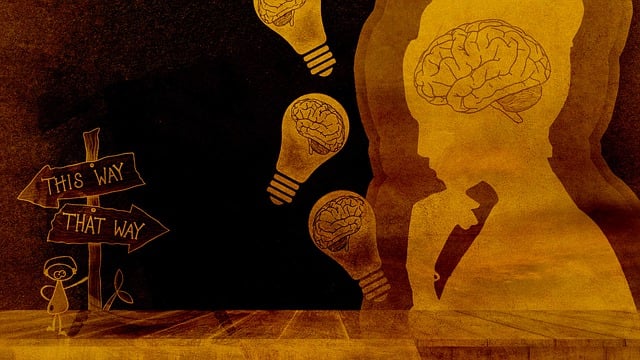In today's diverse healthcare landscape, cultural competency is essential for delivering effective patient care, including Golden Sexual Addiction Therapy (GSAT). GSAT provides a culturally sensitive approach, creating safe spaces free from judgment to help individuals understand their sexual addictions while respecting their cultural beliefs. Effective cultural competency training equips healthcare providers with immersive experiences that foster understanding of diverse norms, improve communication, and personalize care for patients from various backgrounds, ultimately enhancing mental wellness. This includes addressing biases, exploring ethnic diversity, LGBTQ+ issues, religious considerations, social determinants of health, and incorporating culturally tailored techniques like GSAT. Regular evaluations ensure the training's relevance and effectiveness.
Cultural competency in healthcare is no longer an optional skill but a necessity. As diverse patient populations become the norm, understanding cultural nuances is crucial for effective treatment and improved health outcomes. This article explores this evolving landscape, focusing on strategies like Golden Sexual Addiction Therapy, a sensitive approach to addressing complex issues within cultural sensitivity. We delve into designing training programs that empower healthcare providers to enhance cultural competency, ensuring inclusive care for all.
- Understanding Cultural Competency in Healthcare: A Necessity for Effective Patient Care
- Golden Sexual Addiction Therapy: Addressing a Complex Issue within Cultural Sensitivity
- Designing and Implementing Training Programs for Healthcare Providers to Enhance Cultural Competency
Understanding Cultural Competency in Healthcare: A Necessity for Effective Patient Care

In today’s diverse healthcare landscape, cultural competency is no longer a nice-to-have but an essential requirement for effective patient care. It involves understanding and respecting the cultural beliefs, values, and behaviors of individuals from different backgrounds, including those with mental health conditions like Golden Sexual Addiction Therapy. When healthcare providers are culturally competent, they can better communicate with patients, provide tailored care, and improve outcomes, fostering a more inclusive and accessible environment.
This competency is crucial in managing complex cases such as anxiety relief and risk management planning for mental health professionals. By acknowledging cultural nuances, providers can offer compassionate and sensitive support, ensuring that treatment aligns with the patient’s worldview and enhancing their overall mental wellness. Effective cultural competency training empowers healthcare workers to navigate challenging situations, bridge communication gaps, and ultimately deliver high-quality care that respects individual differences.
Golden Sexual Addiction Therapy: Addressing a Complex Issue within Cultural Sensitivity

Golden Sexual Addiction Therapy (GSAT) represents a nuanced approach to addressing sexual addiction within a cultural sensitivity framework. It recognizes that sexual behaviors and norms vary significantly across different communities, necessitating a culturally competent response. GSAT aims to help individuals understand their addiction in a safe, non-judgmental space, tailoring treatment to respect individual cultural beliefs and values. This therapy goes beyond traditional crisis intervention guidance by offering a holistic perspective that integrates mental health policy analysis and advocacy, encouraging exploration of societal influences on sexual health.
By combining GSAT with Mental Wellness Journaling Exercise Guidance, healthcare providers can facilitate reflective practice among their patients. Journaling allows individuals to articulate their experiences, explore personal values, and consider alternative behaviors in line with their cultural identity. This not only enhances the therapeutic process but also empowers patients to advocate for culturally sensitive mental health services, ensuring they receive care that resonates with their unique backgrounds and needs.
Designing and Implementing Training Programs for Healthcare Providers to Enhance Cultural Competency

Effective cultural competency training for healthcare providers involves designing programs that go beyond surface-level awareness. It’s crucial to create immersive experiences that encourage providers to explore their own biases and perspectives, fostering an environment where diverse cultural norms are respected and understood. Training should incorporate interactive workshops, case studies reflecting real-world scenarios, and role-playing exercises to enhance cultural sensitivity in mental healthcare practice. By engaging with these activities, providers can develop the skills necessary to deliver more personalized care, improve communication, and ultimately better support patients from various backgrounds.
Implementing these programs requires a structured approach, starting with identifying specific cultural competency goals aligned with the needs of the healthcare setting. Content should cover a wide range of topics, including ethnic and racial diversity, LGBTQ+ issues, religious considerations, and social determinants of health. For instance, incorporating elements of mood management and self-esteem improvement tailored to different cultural contexts can significantly enhance patient outcomes. Regular evaluations and feedback sessions are essential to ensure the training remains relevant and effective, allowing for continuous improvement in healthcare delivery.
Cultural competency training is no longer an option but an imperative for healthcare providers. As evidenced by the success of Golden Sexual Addiction Therapy, addressing complex issues within a culturally sensitive framework improves patient outcomes and fosters trust. By designing comprehensive training programs, healthcare organizations can enhance cultural competency, ensuring all patients receive equitable and effective care. This holistic approach not only benefits individuals but also transforms healthcare delivery on a broader scale.












